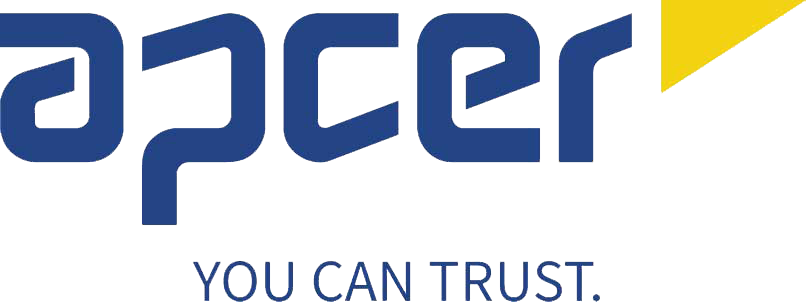ISO 14068-1 is the international standard that defines the principles, requirements, and guidelines to achieve and demonstrate carbon neutrality for organisations and products in a robust and transparent way. Developed to replace PAS 2060, it sets stricter technical criteria aligned with the global climate action context and Net Zero goals.
APCER conducts verification of conformity with ISO 14068-1, supporting organizations in credibly demonstrating their commitment to carbon neutrality and sustainability.
Verification allows organisations to transparently show that greenhouse gas (GHG) emissions are quantified, reduced, and offset in a robust and traceable manner.
Who is it for?
- Companies across all sectors: organisations wishing to demonstrate their commitment to carbon neutrality.
- Entities with ESG strategies: companies aiming to strengthen their image and environmental transparency.
- Preparation for future standards: organisations seeking alignment with emerging international standards and future regulatory requirements on carbon emissions.
What does ISO 14068-1 include?
The standard follows a hierarchical approach based on the principle “reduce, remove, offset”:
- Emission quantification: comprehensive measurement of GHG emissions, including:
- Scope 1: direct emissions.
- Scope 2: indirect emissions related to energy.
- Scope 3: value chain emissions, particularly from suppliers and logistics.
- Internal reduction and removal: organisations must prioritise reducing and removing emissions within their operations using recognised methodologies such as ISO 14064, ISO 14067, ISO 14040, ISO 14044, GHG Protocol, SBTi, and IPCC.
- Residual emission offsetting: only remaining emissions may be offset after all feasible technical reduction options are exhausted. All carbon credits must be traceable and documented.
Through APCER verification, organizations strengthen market confidence and demonstrate a genuine commitment to the transition towards a low-carbon economy.













